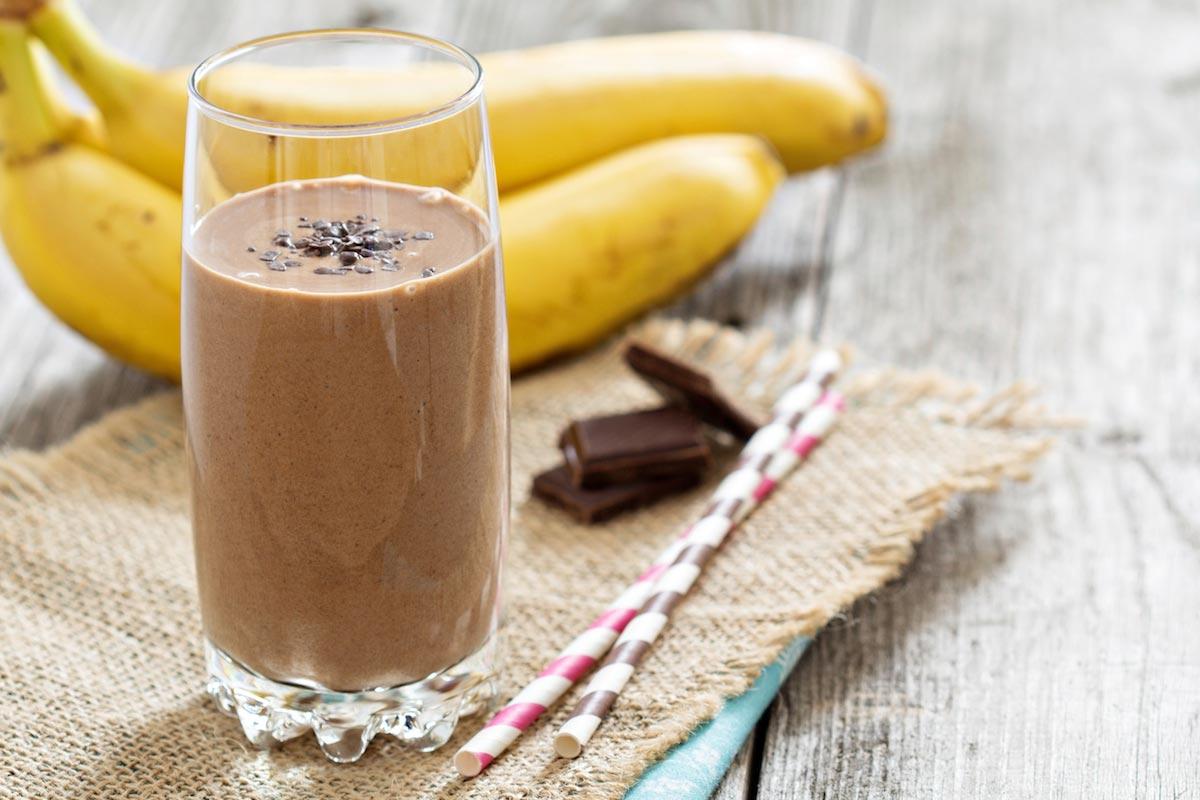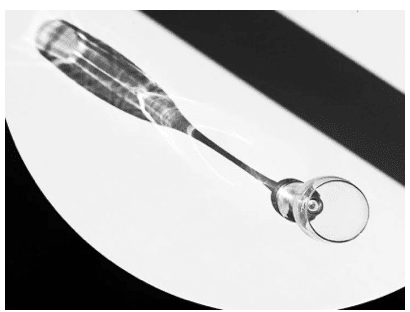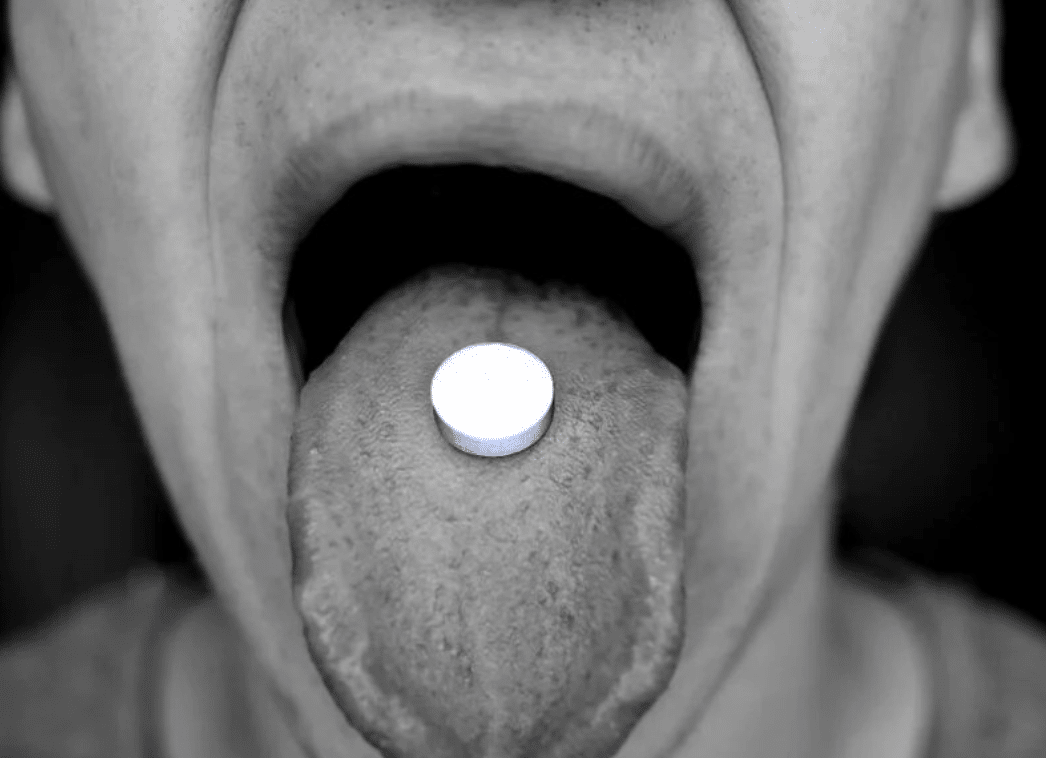Fuel is an important part of any training and exercise, and protein shakes have become increasingly prevalent as fuel sources for athletes, or just about anyone with fitness routines. In addition, there are protein shakes specifically tailored to provide nutrients for body recovery after strenuous activities. Training and exercise are highly individual in nature; making your own protein shakes is a great way to ensure you get the most out of the nutritional benefits that match your personal needs.
Check out some of these cost-effective alternatives and additions to your usual protein shake. Whip up your own protein shake according to your body’s needs; whether for training fuel or post-workout recovery:
- Coconut oil – One teaspoon of coconut oil contains 39 calories, while one tablespoon has 117 calories. Coconut oil has an abundance of medium chain fatty acids (MCFAs) which enables it to boost metabolism.
- Dairy milk substitutes – Non-dairy milk alternatives such as almond, hazelnut or coconut-based milk generally contain higher levels of protein and lower sugar levels than dairy milk. These milk alternatives are also rich in calcium and vitamins. For those without an allergy, nut milk is an excellent option for training athletes. Meanwhile, peri and post-menopausal would benefit from the hormone-boosting qualities of soya milk, only in moderation. Unsweetened dairy milk alternatives are particularly good for those seeking a low-carbohydrate content, while those seeking an energy boost may choose the sweetened versions. Goat’s milk protein is also a good milk alternative; most people with lactose intolerance can handle goat’s milk.
- Egg whites – Eggs are excellent sources of protein. An egg white alone provides 3.6 g of protein, and a cup serving of egg white provides 26 g of protein. Boiled eggs are a convenient, cheap and highly effective snack for adding protein and replenishing energy stores.
- Hemp – Most protein powders are pure protein, but hemp powders are a good source of omega-3 fatty acids and fiber. Hemp protein also contains all of the essential amino acids, which are necessary for building muscle. (Related: 4 Tasty, Healthy Alternatives to Whey Protein.)
- Nut butter – Nut butters are one of the best sources of protein and energy. They are excellent ingredients for providing training fuel and replenishing lost energy. Peanut butter has the highest level of protein with eight grams for every two-tablespoon serving, while cashew and walnut butters contain six grams of protein per serving. Almond butter provides four grams of protein.
- Oats – Oats are a highly nutritious source of fiber, complex carbohydrates, and protein. They contain 17 grams of protein per 100-gram serving, or six grams of protein per half a cup. Oats are a great source of amino acids, which makes them a perfect addition to natural protein shakes.
The addition of blended fruits and vegetables into your protein shake is also a great way to rehydrate lost electrolytes during training and workout naturally. Bananas are an excellent addition for pre-workout energy and replenishing energy stores post-training, due to their high potassium and magnesium content. These are vital electrolyte minerals that are depleted during exercise.
Dates are another highly nutritious option for energy, vitamins, and electrolytes. Like bananas, they are abundant in potassium and magnesium, as well as calcium and iron. Likewise, dark green leafy vegetables and berries are particularly rich in antioxidants, which help the body recover from strenuous physical activities.
Antioxidant-dense foods like fruits and vegetables can help the body recover. Moreover, blending fruits and vegetables allows for nutrients to be readily assimilated by the body, which is why juicing and smoothies have become an essential part of fitness routines.
How many pounds have you lost this month? At Dieta Efectiva you can lose 10-12 lbs your first week and 2-5 lbs every week after. Visit us dietaefectiva.net to learn more about our program.
BG:NN







